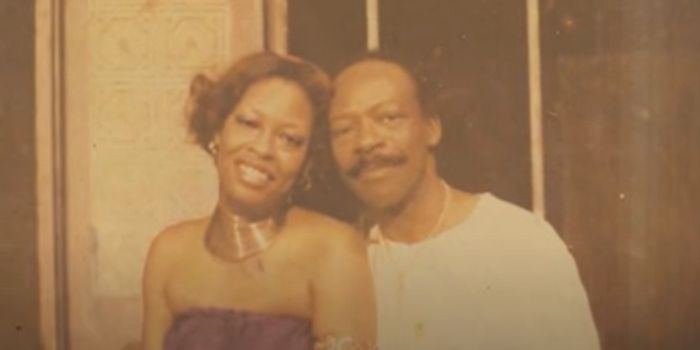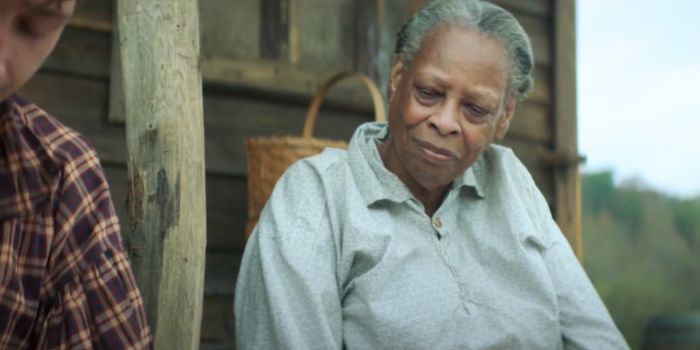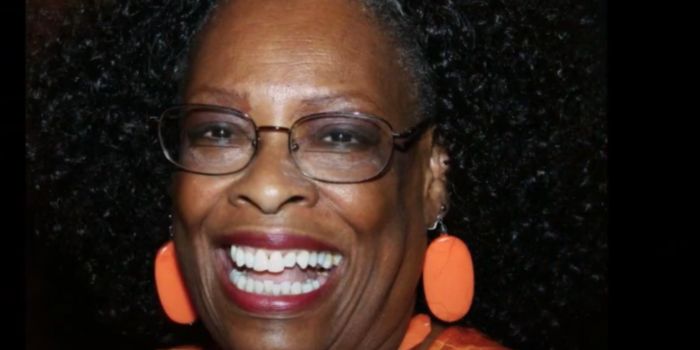Carol Sutton’s legacy in the world of film and theatre is hinged upon the amount of work contributed. Having a successful career in film and theatre is not a feat that comes easy for anyone, but Sutton managed to pull this off. She is known for her incredible talent and for inspiring creativity in the realm of performing arts.
Sutton’s work in entertainment did not end with acting. She was not only a sterling actress but also a treasured member of the New Orleans Theater Community. Much of her work was in service to her community and its theatre.
Carol Sutton Was Born In New Orleans

Sutton was born December 3, 1944, in the vibrant city of New Orleans. One of her siblings, Otis Buckner, is known for the major role he played in uncovering the rot of corruption and racism that was rife in the New Orleans police department. For high school, she attended Xavier University Preparatory School in New Orleans. She then went to the University of Louisiana. She did not get a degree, as she dropped out shortly after.
Her marriage was also short-lived. She got married to Archie Sutton, a professional football player. It is not known when the two got married or how long they were married. However, during the years of their marriage, they had 2 children, a son and a daughter — Archie Jr and Aunya. From her 2 children, Sutton had 5 grandchildren.
Sutton passed away in December 2020 due to complications brought on by COVID. She had tested positive for the virus in November and died after a month-long battle. She turned 76 seven days before she died on the 10th.
The Start of Sutton’s Acting was in Theatre

Sutton was mostly a theatrical actress. In spite of the fact that she has a lot of credit in films and TV shows, a lot of her acting was in the theatre. In 1968, Sutton joined The Dashiki Theatre in New Orleans. It was a local theatrical troupe right in her hometown. Its founding members were people who had gone to Historically Black Universities (HBCUs)and were very interested in depicting the socio-political realities of the average African American during that era. This informed the kinds of performances they delivered.
Not too long after, Sutton transitioned from the theatre to film. Her first role was in the TV movie The Autobiography of Miss Jane Pittman, where she played a pregnant character. This film quickly successfully set her on the path to the success she enjoyed as an actress for the rest of her life.
Carol Sutton Mostly played Supporting Characters in Films

Sutton’s dedication to the theatre surpassed her love for the big screen. In spite of this, she was still able to take on a lot of roles in many films. However, she mostly played supporting characters. It can be deduced that this gave her more time to focus on the community-building aspects of her career that she loved so much.
Steel Magnolias, The Pelican Brief, Eve’s Bayou, and Treme are some of her most popular films. The origins of Sutton’s work being rooted in the African-American struggle extended to some of her later works. An example of this is in one of the TV shows she worked in towards the end of her life, Lovecraft Country, the science fiction TV show that was built on the premise of the Tulsa riots and the African-American experience in the 60s.
Carol Sutton Was Very Involved in Community Building

Sutton’s influence on her community will last longer than she lived, and it is because of how much of herself she gave to it. She was actively involved in community initiatives and consistently championed novel talent. Sutton did this on the theatrical front, working with many local directors, writers, and filmmakers. She was also known for providing educational support by teaching classes.
However, her community-building efforts did not stop at just the theatre. Around the same time, she became a professional actress, she built an organization that was geared toward helping families with kids who has special needs. Total Community Action was available to provide support to such families. In 2011, she retired from this and from the work she did as a teacher.
By the time Sutton died in 2020, she had been living in the same house she was born in and grew up in. She refused to relocate to another state or home, choosing to dedicate her life to her community. The day after she died, filmmakers in the city honored her by pausing filming production in the city.
 Follow Us
Follow Us





